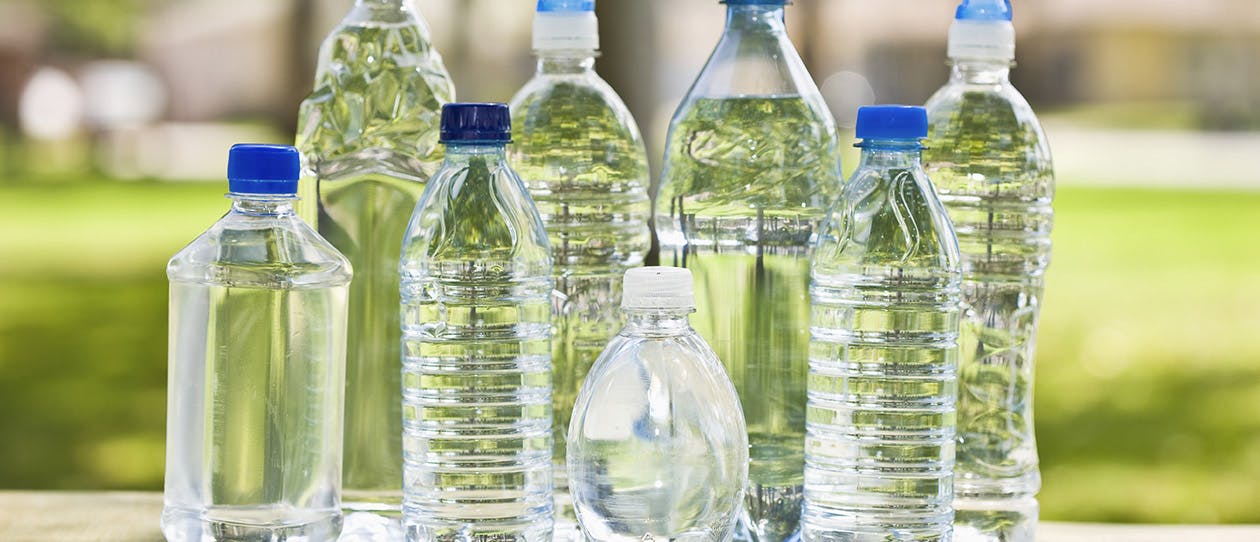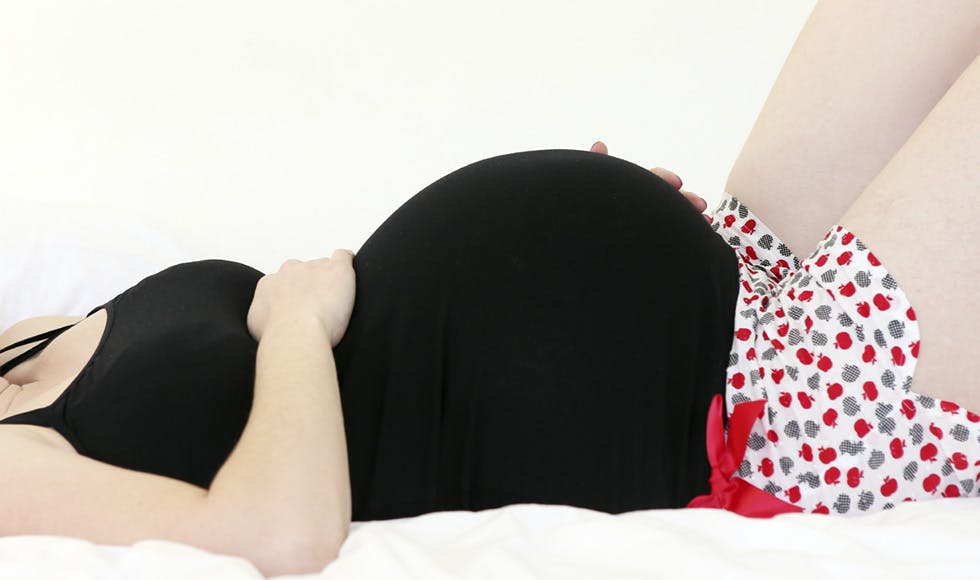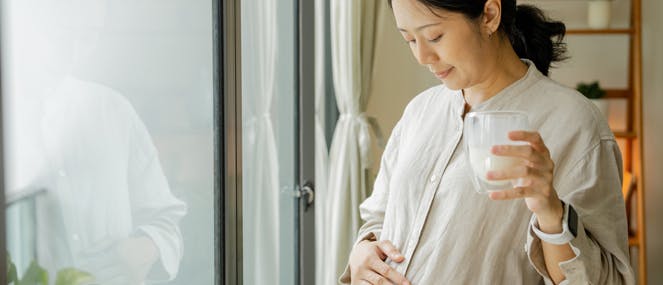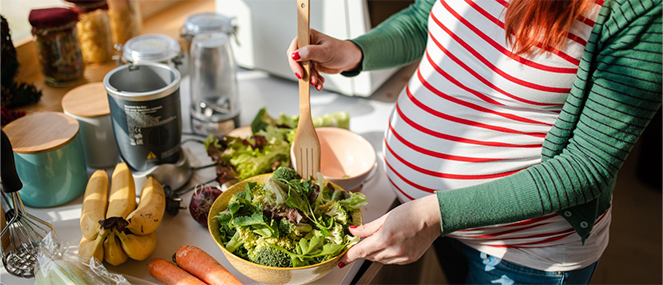
- Health hub/
- Resources for Pregnancy and Preconception/
- Can Plastic Drink Bottles Affect Fertility?


In September 2010, consumer watchdog Choice found that bisphenol-A (BPA) was present in 33 of 38 food samples tested – including baby and infant foods.
Five samples contained more than 200 parts per billion (ppb) of BPA. Overall, Choice found higher levels of BPA in our foods than reported in similar tests done overseas.
What is BPA?
Bisphenol-A (BPA) is a derivative of the petrochemical benzene, which is essential to the manufacture of tough polycarbonate plastic and epoxy resins that are used in a wide variety of modern products, including metal food cans, hard plastic infant formula bottles, water bottles, safety helmets and glasses, televisions, computer and mobile phone housings, compact discs and high performance coatings.
BPA is a synthetic oestrogen and research suggests it may disrupt the endocrine system, disrupt normal reproductive system development and diminish test animals’ intellectual and behavioural capacity.
How much BPA is safe?
The Food Standards Australia and New Zealand (FSANZ), our national regulator, maintains that very low levels of BPA in food pose no significant health risks. The US Food and Drug Administration (FDA), the UK Food Standards Agency, and other national food regulators maintain that the safe level of BPA to ingest is 50 micrograms per kilogram of body weight per day.
However, it seems that not all countries are convinced that there is a safe dose. In 2008 the Canadian government announced it would prohibit the importation, sale and advertising of polycarbonate baby bottles. In September 2010, Canada listed BPA as a toxic substance under the Canadian Environmental Protection Act, 1999.
Now here in Australia, major companies have agreed to have BPA-free options available. In July 2010, the Australian Food and Grocery Council and the New Zealand Food & Grocery Council members began to phase out the use of BPA in polycarbonate plastic baby bottles.
BPA: Endocrine disrupter
While BPA is considered a “weak” synthetic oestrogen, it appears to have an additive effect to other synthetic and natural oestrogens. Even a small amount of exposure can have larger effects when combined with other oestrogens.
The impacts of BPA on male fertility
A recent human study found that high urine BPA level was statistically significantly associated with the following effects on male fertility:
- Decreased sperm concentration
- Decreased total sperm count
- Decreased sperm vitality
- Decreased sperm motility
One animal study showed perinatal exposure to low doses of BPA resulted in a decline in fertility.
BPA detected in newborn babies
BPA has been detected in 92% of Americans, with higher levels found in children and adolescents than in adults. BPA has been detected in maternal and foetal plasma, placenta, amniotic fluid and in breast milk. Premature infants in intensive care units have approximately 10 fold higher levels of urinary BPA than the general population.
Cord blood research has been performed involving five independent research laboratories in the United States, Canada and the Netherlands. Up to 232 toxic chemicals, including BPA, were found in the umbilical cord blood of 10 babies from racial and ethnic minority groups. Other chemicals that were found include tetrabromobisphenol A (TBBPA), galaxolide and tonalide, perflurobutanoic acid (PFBA), polychlorinated biphenyls (PCBs). This evidence shows that children are exposed to a number of potentially dangerous substances while still in their mothers’ womb.
How to minimise your exposure to BPA and other endocrine disrupters
- Store your food in glass rather than plastic
- Avoid storing or carrying food in plastic bags
- Avoid using plastic cling wrap completely
- Choose fresh foods only, buying organic where possible
- Avoid buying foods or drink in cans
- Never heat your food in a plastic container in the microwave
- When using baby bottles use BPA-free or glass bottles. If you are using plastic bottles never put boiling water into the bottle and never heat your baby bottle in the microwave.
- Avoid plastic toys and games. Opt for wooden or organic cotton toys.
References available on request




